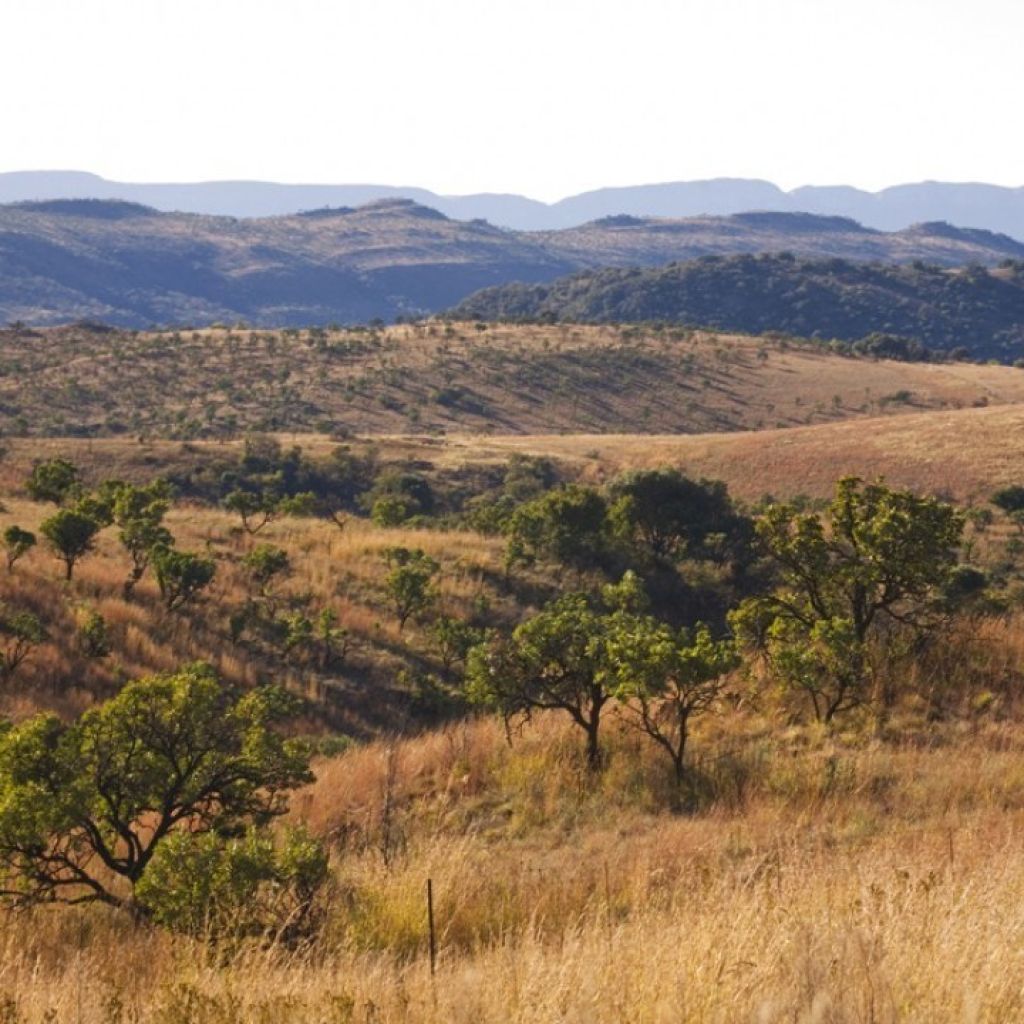Greening Maropeng: a group effort

With climate change on the international agenda, everyone from individuals to business leaders is being encouraged to do what they can to reduce their carbon footprint.
The Maropeng Visitor Centre has introduced a number of initiatives to ensure that the Cradle of Humankind “goes green”.
One of these is to upgrade Maropeng’s Heritage Environmental status from silver to gold. Mark Fouché, the environmental and maintenance manager there says that the process for achieving gold status is really intensive: “We are evaluated on what eco-friendly practices we have implemented, as well as how many people in management have fully adopted a ‘green’ approach in their departments.”
Zanomsa Zozi, Maropeng operations manager heads up the Green Team which was already established in 2007. The team comprises a group of supervisors who meet regularly to ensure that they have a combined strategy for reducing Maropeng’s carbon footprint across the board from the Tumulus building that contains the exhibition centre to the Sterkfontein Caves.
Working in cooperation with Fouché, the team has ensured that a number of policies have been put in place and then made routine. These include simple actions such as turning lights off at the end of the working day to ensuring that all waste is separated correctly so that it can be recycled.
Fouché says that greening Maropeng is vital to ensuring that the World Heritage Site is run in a sustainable manner. “We are here to look after the Cradle of Humankind for everyone in the world, so receiving recognition from the gold Heritage status will help motivate us even more.”
Zozi adds that an initiative like this requires group effort: “The biggest challenge is changing people’s mindsets. It is also a matter of holding people accountable and responsible for their actions.”
Peter Langa, head chef at Maropeng is part of the Green Team and says that in terms of the kitchens, they are doing their part. They use gas to cook more often than electricity and because all the food is prepared fresh, they don’t use microwaves. “The kitchen staff and I are committed towards saving energy,” he says.
This is a long-term project, concludes Zozi, and preserving the natural environment will ensure that visitors will be able to enjoy the tranquillity of the Cradle of Humankind for many years to come. “Maropeng has been welcoming visitors to the Cradle for several years now. In 10 years’ time, it would be great to see that it still exists with very minimal change to the surrounding environment.”